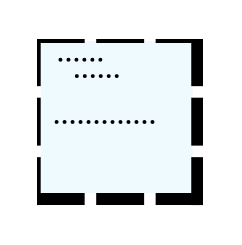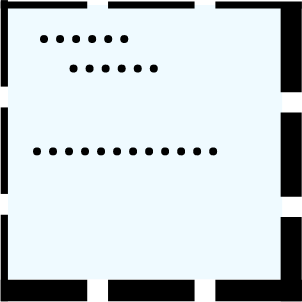In today’s highly competitive job market, acing a data science interview is crucial for securing your dream job, especially in the tech industry. Technical interviews are designed to assess your problem-solving skills, technical expertise, and ability to perform under pressure. However, many candidates fall short during these interviews, often due to avoidable mistakes. In this article, we’ll discuss the top five reasons why technical data science interviews fail and how you can avoid these common pitfalls.
One of the primary reasons candidates fail technical interviews is due to inadequate preparation. Many assume that their academic background or professional experience will be enough to carry them through. However, technical interviews require more than just theoretical knowledge; they demand practical problem-solving skills and the ability to apply concepts to real-world scenarios.
To avoid this pitfall, invest time in thoroughly reviewing fundamental data science concepts and practicing coding problems on platforms like LeetCode, HackerRank, or CodeSignal. Additionally, simulate the interview environment by engaging in mock interviews with friends, mentors, or through services like Pramp. This will help you build confidence and identify areas where you need improvement.
Effective communication is just as important as technical skills in a data science interview. Candidates who struggle to articulate their reasoning, approach, and code can leave interviewers confused, regardless of their technical abilities. Clear communication helps interviewers understand your thought process and ensures that you can work well in a team setting.
Practice explaining your approach and strategy before diving into coding. Use diagrams, pseudocode, or plain language to convey your ideas clearly. Interviewers value candidates who can articulate their thinking step by step, as it demonstrates both clarity of thought and a collaborative mindset.
A common mistake during technical interviews is overlooking edge cases and error handling. While it’s good to write code that works for typical scenarios, ignoring potential edge cases or failing to account for errors can result in buggy and unreliable solutions.
When coding, always think about edge cases, boundaries, and potential errors. Discuss these considerations with your interviewer to show your attention to detail and your ability to write robust, production-ready code. This habit not only impresses interviewers but also reflects your readiness to tackle real-world problems.
Technical interviews don’t just assess whether your solution works—they also evaluate its efficiency. Failing to optimize your code can give the impression that you lack a deep understanding of algorithms and data structures. This can be a significant drawback, especially for positions that require handling large datasets or building scalable models.
Strive for optimal solutions by choosing the most appropriate data structures and algorithms. During your preparation, focus on studying time and space complexity to ensure you can write efficient code. Practice solving problems with an eye toward optimization, demonstrating your ability to balance correctness with performance.
Nervousness and poor time management can sabotage an otherwise strong performance during a technical interview. Rushing through problems, making careless mistakes, or freezing under pressure are common outcomes of interview anxiety.
Practice time management by adopting a "divide and conquer" strategy. Allocate specific time blocks for problem-solving, coding, and explaining your approach. Prioritize a logical thought process and clarity over hastily reaching a solution. Remember, interviewers often value a well-reasoned approach more than a quickly cobbled-together answer.
Mastering technical data science interviews requires a blend of technical knowledge, problem-solving skills, effective communication, and a calm demeanor under pressure. By addressing the common reasons for failure discussed in this article and incorporating the provided tips into your preparation, you can significantly increase your chances of acing your next technical interview. Remember, every interview—whether successful or not—is an opportunity for growth and learning. Good luck on your journey to becoming a successful data scientist!
#MachineLearning #TechEducation #AIForBeginners #DeepLearning #DataScience #AI #ArtificialIntelligence #DataScienceMentorship
Assitan Koné
Founder @Codistwa
Empty space, drag to resize
SHARE


